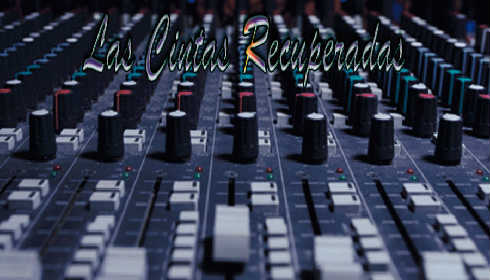01.Travelers
02.Peaceful Warrior
03.Nemesis
04.Riddle me This
05.Into the Labyrinth
06.Karma
07.Roadside Attraction
08.Harvesting Dance
09.Praise
10.Afterglow.
Aaron Parks: piano, mellotron (3), glockenspiel (3), keyboards (3, 5, 6, 8)
Mike Moreno: guitar (2-4, 6-9)
Matt Penman: bass (1-4, 6-9)
Eric Harland: drums (1-4, 6-9).
If ever there were a supporting case for the importance of mentoring in jazz, it would be Aaron Parks. The pianist began playing with trumpeter Terence Blanchard in 2003 at the age of 18 and, over the course of three albums culminating in last year's deeply moving A Tale of God's Will (Blue Note, 2007), has grown into a mature player whose early promise is already being realized. With inimitable technique and open ears, he seems to have bypassed the youthful peril where technique is the end rather than the means. On his debut as a leader, Parks proves himself a player and composer of great depth, with a truly cinematic vision that embraces the challenge of complexity as much as it does the demand of creating simple, evocative melodies.
Parks has recruited a stellar group of rising stars for Invisible Cinema. Guitarist Mike Moreno's Between the Lines (World Culture Music, 2007) was a masterful debut, demonstrating similar maturity beyond his age and an embracive approach blending tradition with progressive elements. The increasingly in-demand bassist Matt Penman marries pulse and melody, matching Parks' ability to shift from knotty rhythms to near-folkloric innocence. Drummer Eric Harland's broad reach has found him equally comfortable with the spiritually invested free play of saxophonist Charles Lloyd's Rabo de Nube (ECM, 2008) and the more explosive energy of guitarist Kurt Rosenwinkel's The Remedy (ArtistShare, 2008). Together, they're a flexible quartet that blends the language of jazz with more contemporary and, at times, powerful indie rock concerns.
The opening "Travelers" marries ethereality with fervency in equal doses, Parks' solo a marvel of layered spontaneity that leans towards classicism in addition to jazz orthodoxy. A trio track where Harland and Penman push the insistent groove with nuance rather than overt power, it sets a high bar for the rest of the disc.
Moreno joins for the episodic "Peaceful Warrior," where lyricism and Pat Metheny-esque expansiveness still allow plenty of freedom. Parks and Moreno trade lengthy choruses over its 9/8 middle section, Penman and Harland pushing and pulling the two soloists as they weave in and around the changes.
If Radiohead were more sophisticated they might record a track like "Nemesis." Harland's backbeat and Parks' repetitive piano figure drive Moreno's sharp, overdriven melody, another solo section where guitar and piano again alternate, hypnotically building the energy. Piano is Parks' main axe, but here he layers mellotron, glockenspiel and additional keyboards to create an image-rich soundscape. The group revisits "Harvesting Dance," from Blanchard's Flow (Blue Note, 2005), but Parks' smaller line-up breathes more, its Spanish ambience building into a fiery solo from Moreno that's a highlight of the disc.
For an artist not yet 25, Invisible Cinema is refreshingly fully formed—amongst the year's best releases, it represents one possible future of jazz. With plenty to appeal to long-term, open-minded jazz fans, Parks' incorporation of familiar reference points also makes it a good bet to attract younger listeners.by John Kelman.


No comments:
Post a Comment